Council Politics & Planning Permission
Every planning application, whether it’s for a small extension or something more significant like a new house or conversion, is publicised by the council. Neighbours and the parish, town or community council are notified and their opinions sought. Objections are common, and can have a significant bearing on whether applications are approved and progress smoothly.
Decision-making process
Councils decide most planning applications under so-called ‘delegated powers,’ by which councillors pass the authority to grant or refuse permission down to planning officers. A minority of applications – 10 to 15 per cent – will go to the planning committee for a decision. This committee is made up of locally elected lay people who have the power to take decisions against the professional advice of the planning officers.
This can cut both ways for the applicant: where a plan is locally contentious and residents are up in arms, councillors on the committee will sometimes find flimsy reasons to turn an application down. In other cases, where there may be good reasons to grant permission, but planning officers are opposed, councillors might ignore their advice and grant permission.
Councils have different rules about which applications have to go to committee. Some automatically send an application to the committee if planning officers recommend it for approval but there are several objections; others do it if the parish council objects; and some allow delegated applications to be ‘called in’ for a committee hearing, if the district or borough councillor for the area requests it, usually within a few weeks of submission. Check your council’s rules before making your application.
Avoiding neighbour objections
Always approach your neighbours at a very early stage, certainly well before they get a formal-looking letter from the council telling them that an application is under way. Well-presented plans are extremely valuable, and you need to explain to your neighbours how your plans take their interests, such as outlook and privacy, into consideration. Be prepared to make minor changes, if you can, to satisfy any concerns.
If they’re happy, ask if they’ll write in support of your application when the council’s letter arrives.
If you really don’t get on with your neighbours, and are convinced they’ll object, it might be best not to tell them in advance, as this only gives them more time to work up an objection, and possibly try to drum up objections from others as well.
Lobbying parish councillors
Tip off your parish, town or community council, too. They’re much more likely to be supportive if they feel you’re including their views from the outset, and their councillors can be useful allies. While these local councils are really only consultees – just like your neighbours – who don’t actually make planning decisions, you do want them on your side.
There’s a good chance that at least one of the parish councillors will also be a district or borough councillor who might sit on the planning committee, and they’d certainly have friends or political allies who also fill some important positions.
If you know someone on the parish council, or the chairperson, ask them to look at your plans. When your application goes in, consider turning up at the parish council meeting when they’re looking at your application to at least make your presence felt, and possibly to defend your scheme against objections.
District and borough councillors
Not all councils allow you to lobby councillors directly, but if yours does, you could also benefit from having your local councillor take a look at your plans – find out who this is from their website or ring and check. Not all councillors sit on the planning committee, and even if yours doesn’t, ask them how they might be able to help. They might just know some people in the right places.
Some councillors are less active and influential than others, so lobbying doesn’t guarantee support, nor does support guarantee that the decision will go your way. But, where it’s allowed, it’s always worth a try, as councillors generally like to be seen to be helpful.
Emphasise local support, if you have it. Supporters are voters, and councillors want voters on their side. If your councillor seems ineffective, you can approach the chair of the planning committee, who might be persuaded to take an interest and will inevitably carry some clout.
Planning committee
If your councillor can’t persuade the planning officer to support your application, they can ask for it to go to committee. Committee meetings are open to the public and, generally, you’ll be allowed to speak briefly in support of your application. Unfortunately, so will those who object to your plans.
The council will write to notify you when the committee agenda is available. Always get hold of the agenda and look at the officer’s report. You might want to get a late letter in to the officer, if there’s anything in the report you think is wrong, and you can also send a circular letter round to committee members so they’re primed before the meeting. Remember, these are lay people, not planning professionals, so don’t try to blind them with science or complicated building terminology.
By definition, as a self-builder, you have an advantage over builders and developers. You’re trying to create a home for your family; developers, after all, are only in it for the money. You, and your wide circle of friends, are local voters, and developers could well be ‘outsiders’. Exploit these advantages sensitively to gain the best results.
Speaking at committee
You often have to register to speak at committee a day or two in advance, so make sure you follow the council’s procedure and don’t miss your chance. Prepare your talk well and have your ideas written out for clarity and easy reference. You’ll only be allowed two to three minutes to make your case, so be on time, and make sure you can say everything you want to say succinctly.
Practice aloud, since reading out loud takes longer than reading to yourself. Many councils operate a traffic light system for speakers: green for ‘start,’ orange for ‘30 seconds left,’ and red for ‘stop now’.
Timing is pretty rigidly enforced, but some councils give councillors a chance to ask questions, and might allow you to hand out photos and plans. Always check the procedures in advance. None, however, let you argue with councillors.
Conclusions
Don’t be fooled into thinking that good PR and a friendly face is all you’ll need to get permission. The politics of planning is a fickle thing. You don’t know who knows whom and where pressure can be brought to bear behind the scenes, and don’t forget that objectors can lobby just as well as you can.
Thankfully though, you have a significant advantage over them – gaining local and political support before you even make an application. You can find out how your council’s committee works and even how individual members think and vote. Thorough homework is, as ever, the key to success.
Main image: Colin & Diana McCabe were forced to change their self-build designs after the local planners objected… read the full story



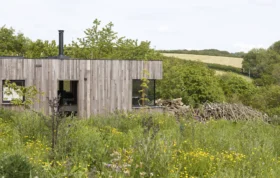
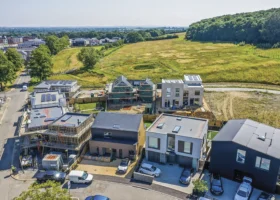
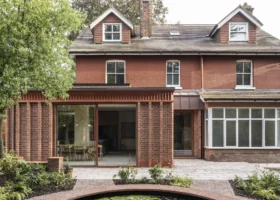
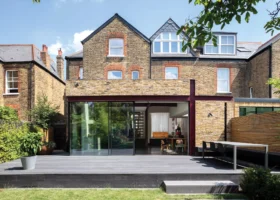




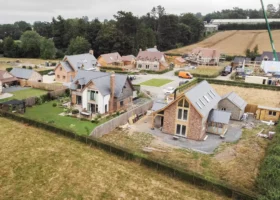

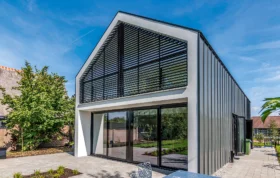


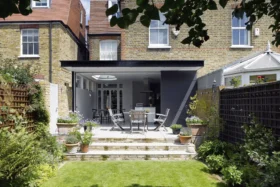


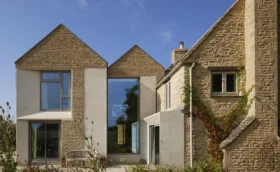
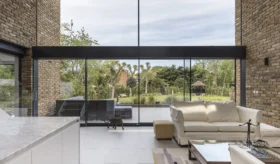












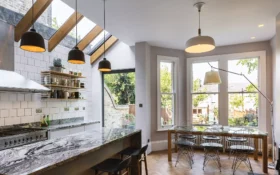
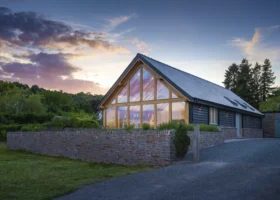

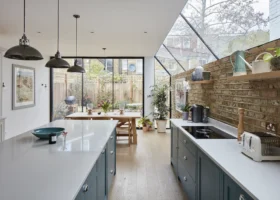
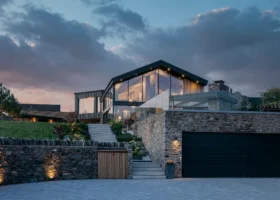




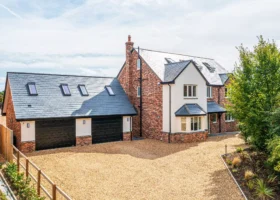

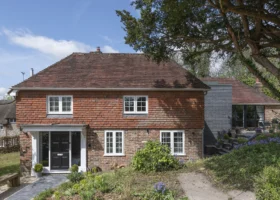
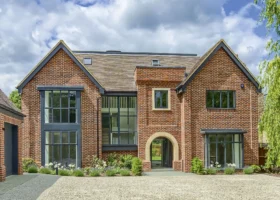

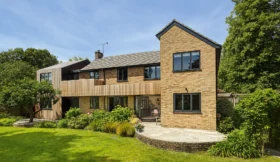



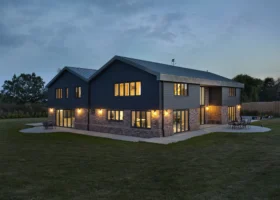
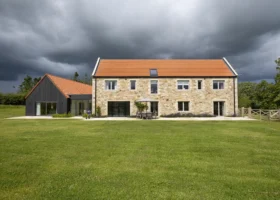
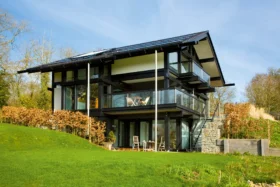



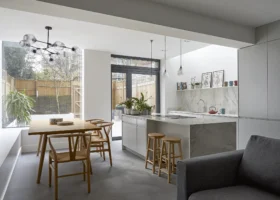

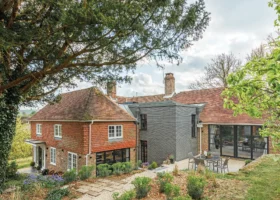
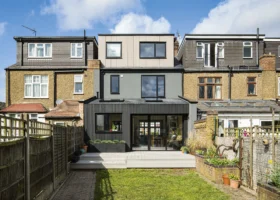
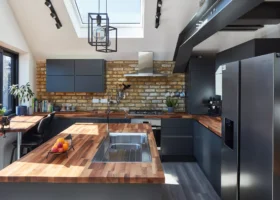





















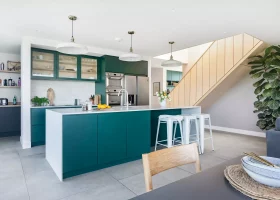

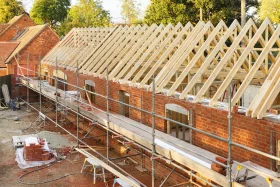









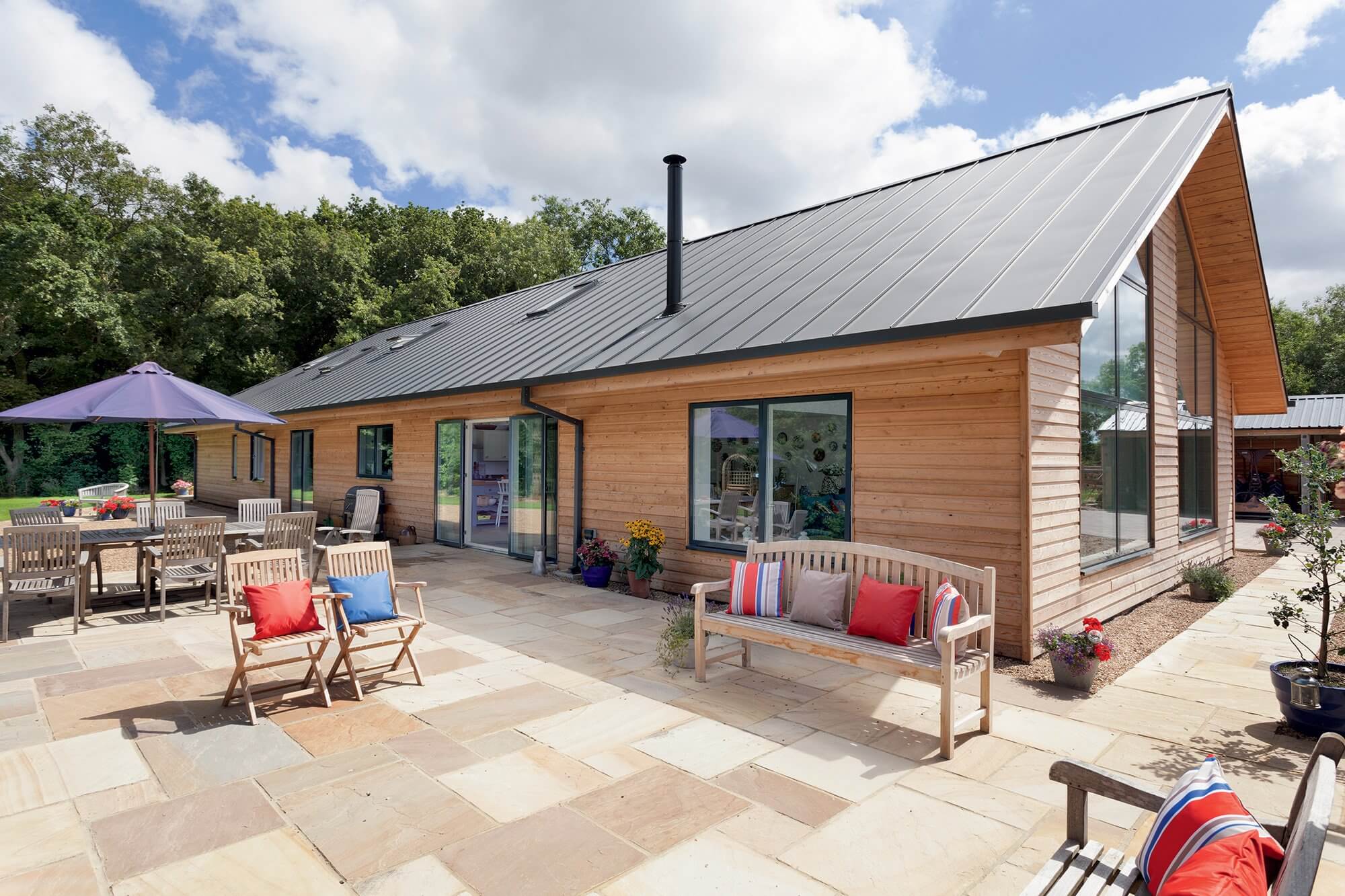
 Login/register to save Article for later
Login/register to save Article for later

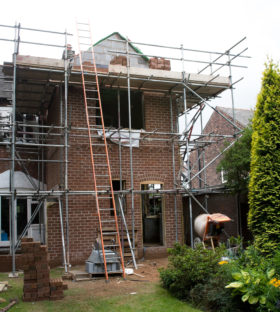
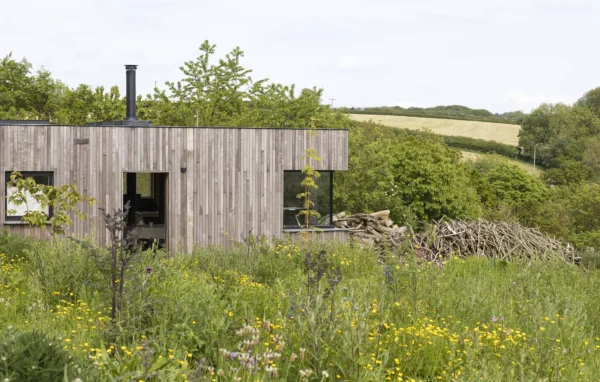
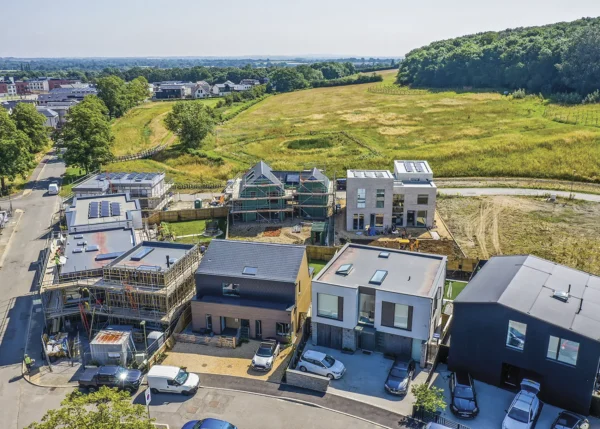
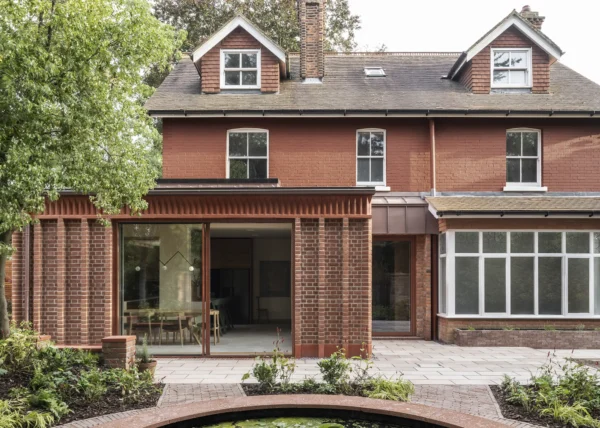
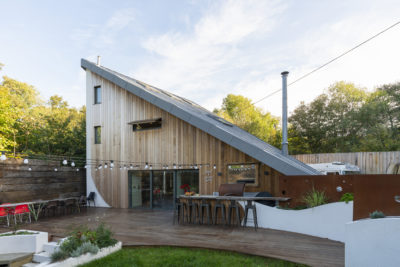

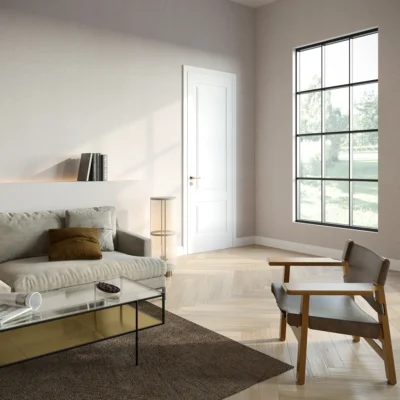






Comments are closed.